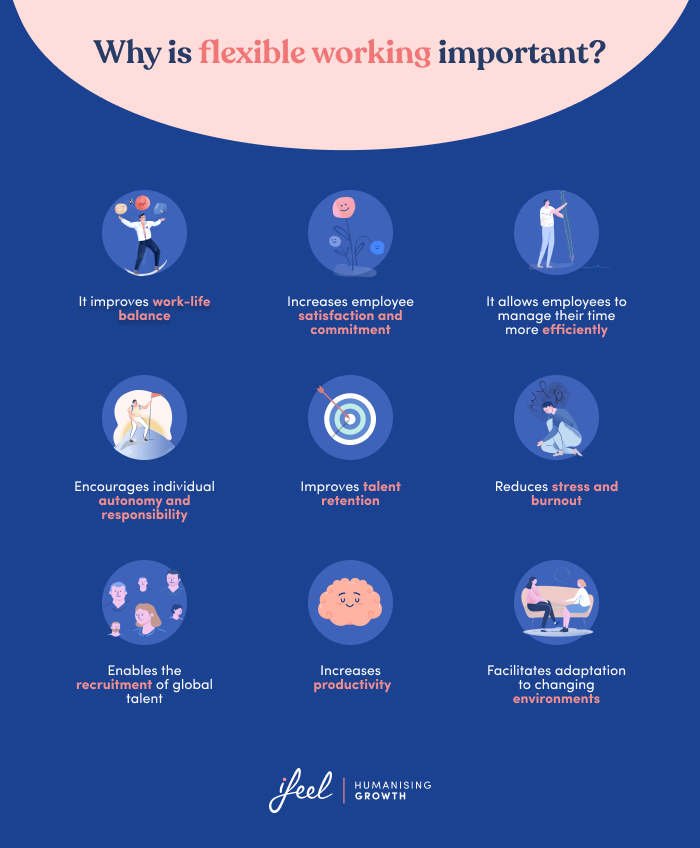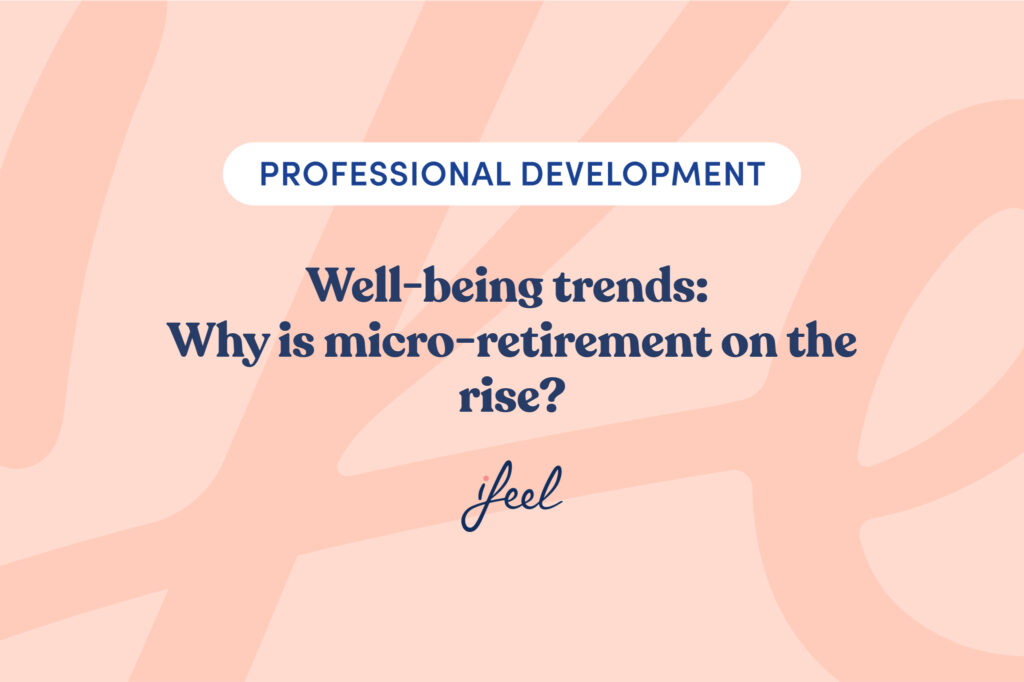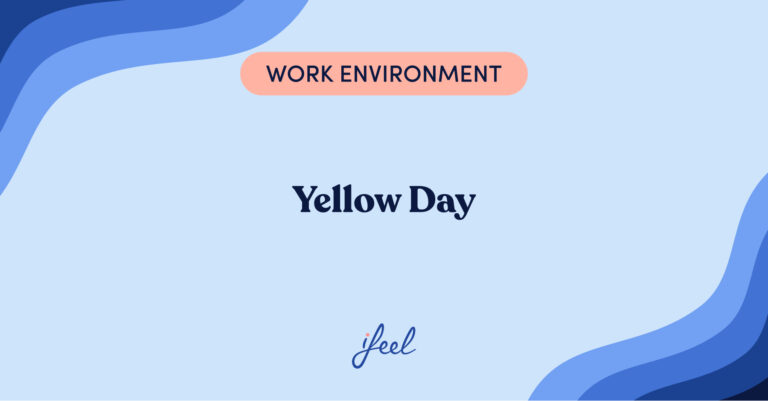In the dynamic landscape of today’s corporate world, the well-being of employees is a pivotal factor in sustaining productivity and innovation. As enterprises strive to support their teams, the concept of micro-retirement, a current trend where employees take short breaks to recharge, has gained attention. However, while micro-retirement offers a temporary solution to burnout, it raises an important question: how can companies prevent the need for such measures in the first place? By implementing comprehensive mental well-being solutions, enterprises can foster a healthier, more productive workforce, ensuring employees don’t feel the need to step away.
Understanding micro-retirement
Micro-retirement involves integrating extended breaks into one’s career, allowing employees to focus on rest, exploration, and personal growth. This approach provides opportunities to enjoy life’s pleasures throughout a professional journey, rather than waiting for traditional retirement. Micro-retirement can last from a few months to even a year, just like sabbatical leave, and involve activities such as:
- Pursuing hobbies
- Traveling
- Learning new skills
While beneficial for rejuvenation, the increasing popularity of micro-retirement highlights a need for more sustainable work-life balance strategies within organisations. By understanding the underlying reasons employees seek these breaks, companies can address potential gaps in their current well-being offerings.
| Activity | Benefits |
|---|---|
| Pursuing Hobbies | Enhances creativity and relaxation |
| Traveling | Broadens perspectives and reduces stress |
| Learning Skills | Boosts confidence and personal growth |
Micro-retirement serves as a useful indicator of employee needs, pointing towards the necessity for more robust mental health and well-being solutions. By recognising these signals, enterprises can proactively address the factors driving employees to seek extended time away from work.
The push towards working past 70
One of the factors driving interest in micro-retirement is the growing expectation among many professionals to work well past the traditional retirement age of 65. A survey by StandardLife shows that 45% of the people interviewed in their study expect to be working past the State Pension age. With longer life expectancies and financial pressures, a significant number of individuals anticipate working into their 70s.
This shift in career longevity has prompted employees to seek ways to maintain their well-being and prevent burnout over extended careers. Micro-retirement offers a strategic way to balance the demands of a prolonged working life, allowing individuals to refresh and refocus periodically. By incorporating these breaks, employees can sustain their energy and enthusiasm for work, even as they plan for longer careers.
Preventing the need for micro-retirement
To address the root causes of burnout and the desire for micro-retirement, companies can implement proactive mental well-being solutions. Consider the following strategies:
1. Comprehensive mental health programs:
- Establish Employee Assistance Programs (EAPs) offering counseling and support.
- Provide access to mental health professionals and resources.
2. Work-life balance initiatives:
- Promote flexible work arrangements, such as remote work or flexible hours.
- Encourage regular breaks and time off to prevent burnout.
3. Well-being programs:
- Offer workshops on stress management and mindfulness.
- Implement wellness challenges to promote physical and mental health.
By adopting these strategies, organisations can create a supportive environment that addresses employee needs before they escalate. This proactive approach not only reduces the likelihood of burnout but also enhances overall job satisfaction and engagement.

Benefits of proactive well-being solutions
Implementing proactive mental well-being solutions offers numerous benefits to both employees and organisations.
| Benefit | Impact on employees and enterprises |
|---|---|
| Reduced burnout | Employees feel supported, less overwhelmed |
| Increased engagement | Motivated and dedicated workforce |
| Enhanced productivity | Balanced employees perform at their best |
By investing in comprehensive mental well-being solutions, organisations can cultivate a culture of health and productivity. This approach not only benefits employees but also contributes to the long-term success and resilience of the organisation as a whole.
The Leadership Lens🔎
Leaders play a crucial role in implementing these solutions effectively and fostering a culture of well-being within the organisation. By leading by example, leaders can demonstrate their commitment to well-being by prioritising their own health and encouraging others to do the same.
Open communication is also essential; leaders should foster an environment where discussions about mental health and well-being are encouraged and normalised. Empowering teams with the tools and resources they need to manage their mental health can also make a significant difference. By providing access to workshops, training, and support, leaders can help employees navigate challenges and thrive.
Unlock your teams’ potential
While micro-retirement offers a temporary respite from work-related stress, the ultimate goal should be to create a work environment where employees don’t feel the need for such breaks.
To support companies in this process, our team of expert workplace well-being psychologists has created a mental well-being solution for businesses that improves talent retention, reduces presenteeism at work, and combats employee stress.
With our mental well-being solution, your company’s HR managers can receive personalised, data-driven advice on improving mental health at work. In addition, this solution offers employees a 360° mental well-being solution structured at different levels according to their needs. Try our solution now to see how it could help you.
We hope you found this article on presenteeism at work interesting. If you would like more information about our mental well-being solution for enterprises, simply request it and we will get in touch with your team as soon as possible.









